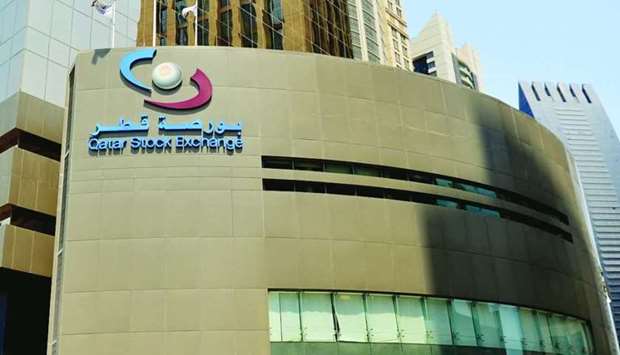Qatar, like other host countries for the previous versions of the World Cup, is expected to give attractive double-digit returns to investors during the three-year window leading to the august soccer tournament.
Moreover, ETFs or exchange traded funds on the QSE provide access to Qatar's World Cup story, Mohsin Mujtaba, Director, Product and Market Development, Qatar Stock Exchange, said in a post at one of the social media.
Historically, FIFA World Cup host countries have provided returns of 35%-45% (except for Brazil) during the three years window around the World Cup event, according to him.
"Qatar is half way through this period and follows the same trend providing around 22% return," he said.
An analyst with a leading brokerage house said he expects QSE to touch a new record high as the country's macro fundamentals are solid.
Already, leading international credit rating agencies such as Moody's and Standard and Poor's have upgraded the outlook on Qatar to "positive" from "stable" as they cite the strengths as Qatar's exceptionally high level of per-capita income, vast hydrocarbon reserves with low extraction costs, the government's robust net asset position, and an established track record of macroeconomic and fiscal policy effectiveness, notwithstanding elevated external debt and some transparency shortcomings.
Mujtaba said the ETFs or exchange listed funds on the QSE provide access to Qatar's World Cup story. Qatar at present has two ETFs – sponsored by Masraf Al Rayan and Doha Bank, apart from 47 companies listed on the QSE.
In the past, the host countries have by and large seen hugely outperforming stock gains for the year it hosts the cup. Various reports suggest that a majority of the host countries had outperformed the MSCI All Country World Index.
Investors and analysts have already factored in the potential benefits for the sectors such as retailers, services and logistics, which are expected to substantially improve their top and bottom-lines by the last quarter of the year.
The FIFA 2022 is expected to contribute $17bn to Qatar’s economy, which is expected to have positive spillover in the private sector, they said.
Ever since Qatar won the bid for hosting FIFA World Cup, the actual economic impact has come from investment in infrastructure – building stadiums and roads and trains to support the upsurge in tourism in the country.
S&P recently said Qatar's hospitality, residential real estate, retail, and telecoms sectors are expected to reap tangible benefits from the World Cup.
Moreover, ETFs or exchange traded funds on the QSE provide access to Qatar's World Cup story, Mohsin Mujtaba, Director, Product and Market Development, Qatar Stock Exchange, said in a post at one of the social media.
Historically, FIFA World Cup host countries have provided returns of 35%-45% (except for Brazil) during the three years window around the World Cup event, according to him.
"Qatar is half way through this period and follows the same trend providing around 22% return," he said.
An analyst with a leading brokerage house said he expects QSE to touch a new record high as the country's macro fundamentals are solid.
Already, leading international credit rating agencies such as Moody's and Standard and Poor's have upgraded the outlook on Qatar to "positive" from "stable" as they cite the strengths as Qatar's exceptionally high level of per-capita income, vast hydrocarbon reserves with low extraction costs, the government's robust net asset position, and an established track record of macroeconomic and fiscal policy effectiveness, notwithstanding elevated external debt and some transparency shortcomings.
Mujtaba said the ETFs or exchange listed funds on the QSE provide access to Qatar's World Cup story. Qatar at present has two ETFs – sponsored by Masraf Al Rayan and Doha Bank, apart from 47 companies listed on the QSE.
In the past, the host countries have by and large seen hugely outperforming stock gains for the year it hosts the cup. Various reports suggest that a majority of the host countries had outperformed the MSCI All Country World Index.
Investors and analysts have already factored in the potential benefits for the sectors such as retailers, services and logistics, which are expected to substantially improve their top and bottom-lines by the last quarter of the year.
The FIFA 2022 is expected to contribute $17bn to Qatar’s economy, which is expected to have positive spillover in the private sector, they said.
Ever since Qatar won the bid for hosting FIFA World Cup, the actual economic impact has come from investment in infrastructure – building stadiums and roads and trains to support the upsurge in tourism in the country.
S&P recently said Qatar's hospitality, residential real estate, retail, and telecoms sectors are expected to reap tangible benefits from the World Cup.


